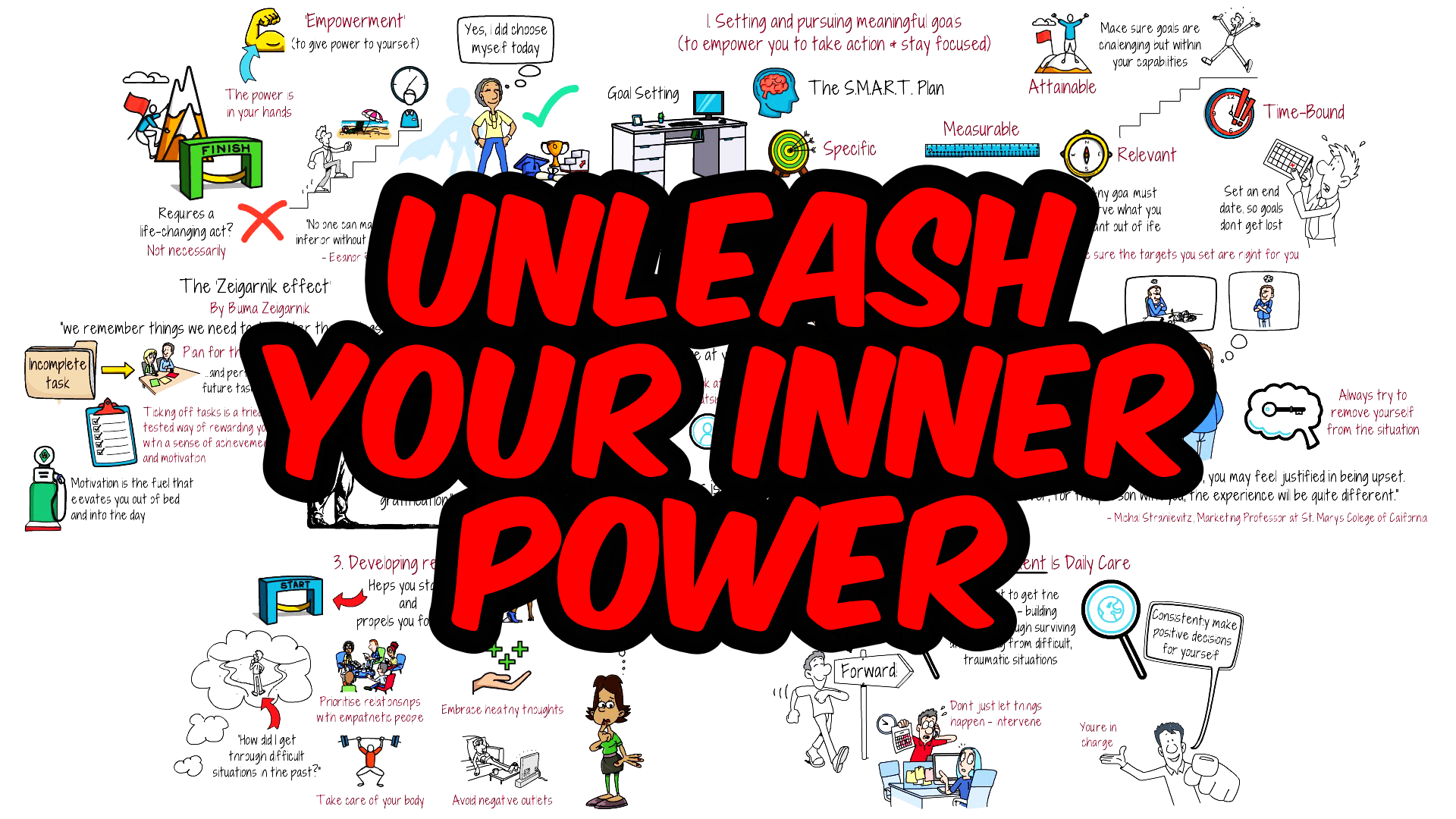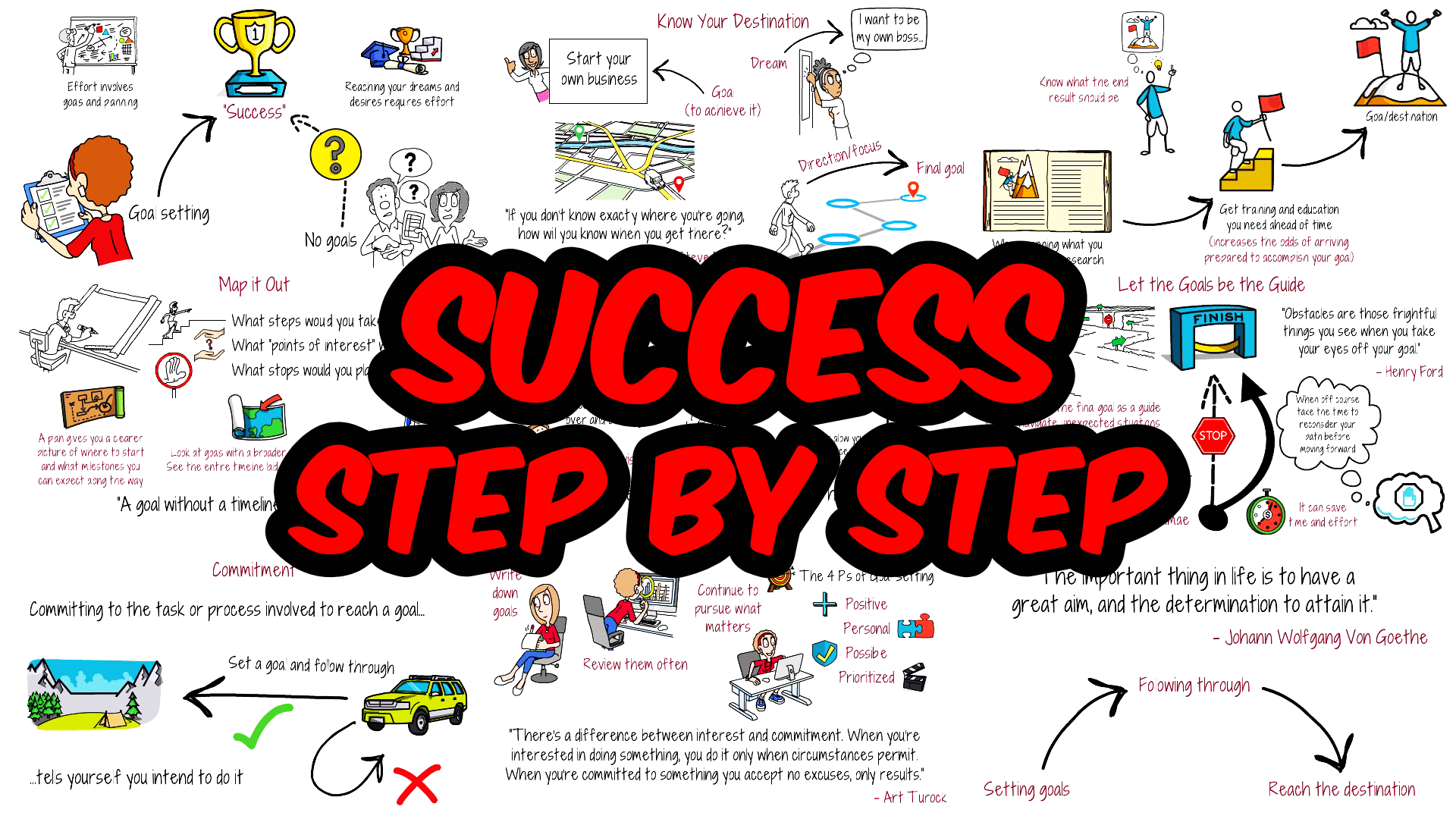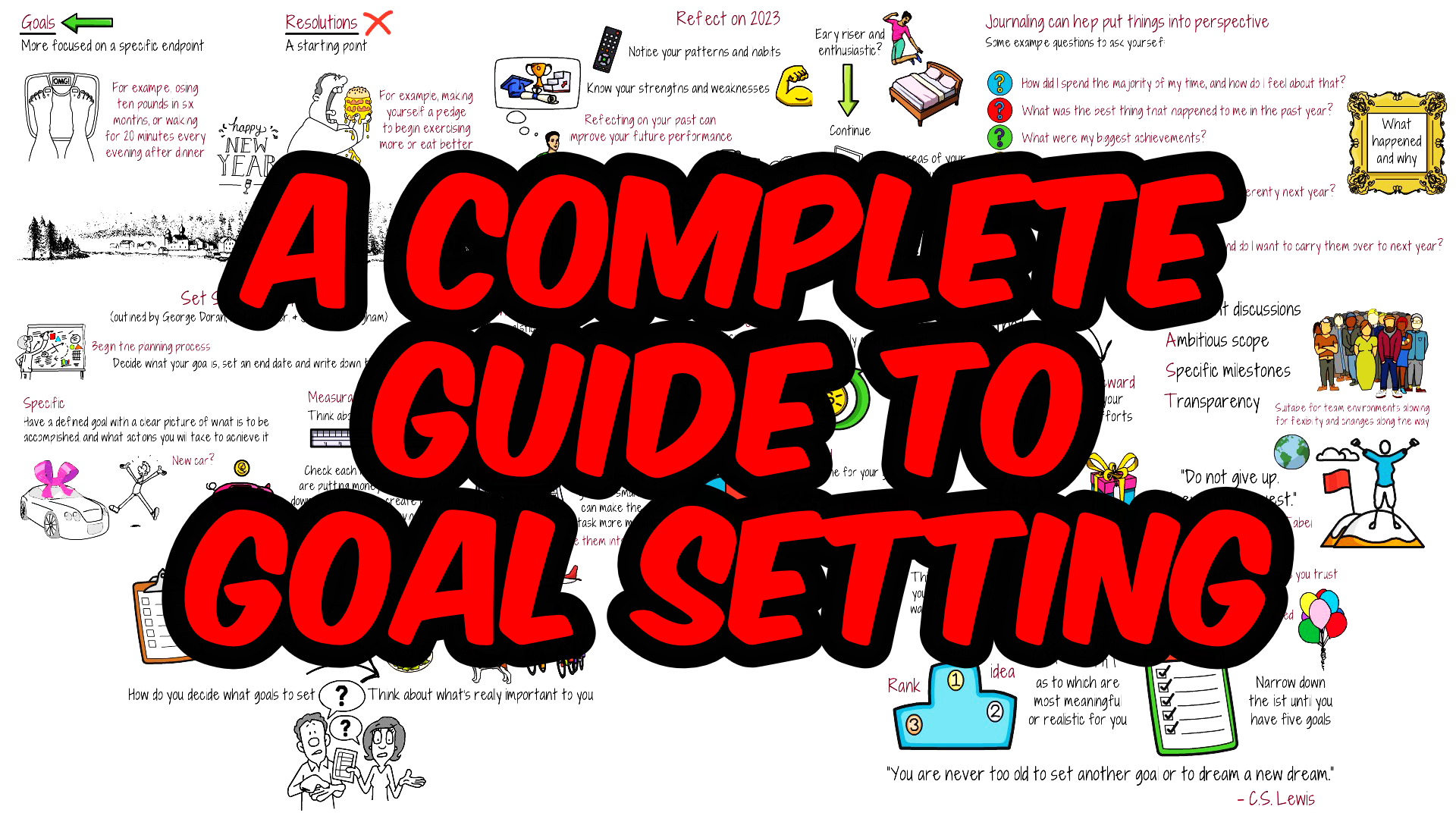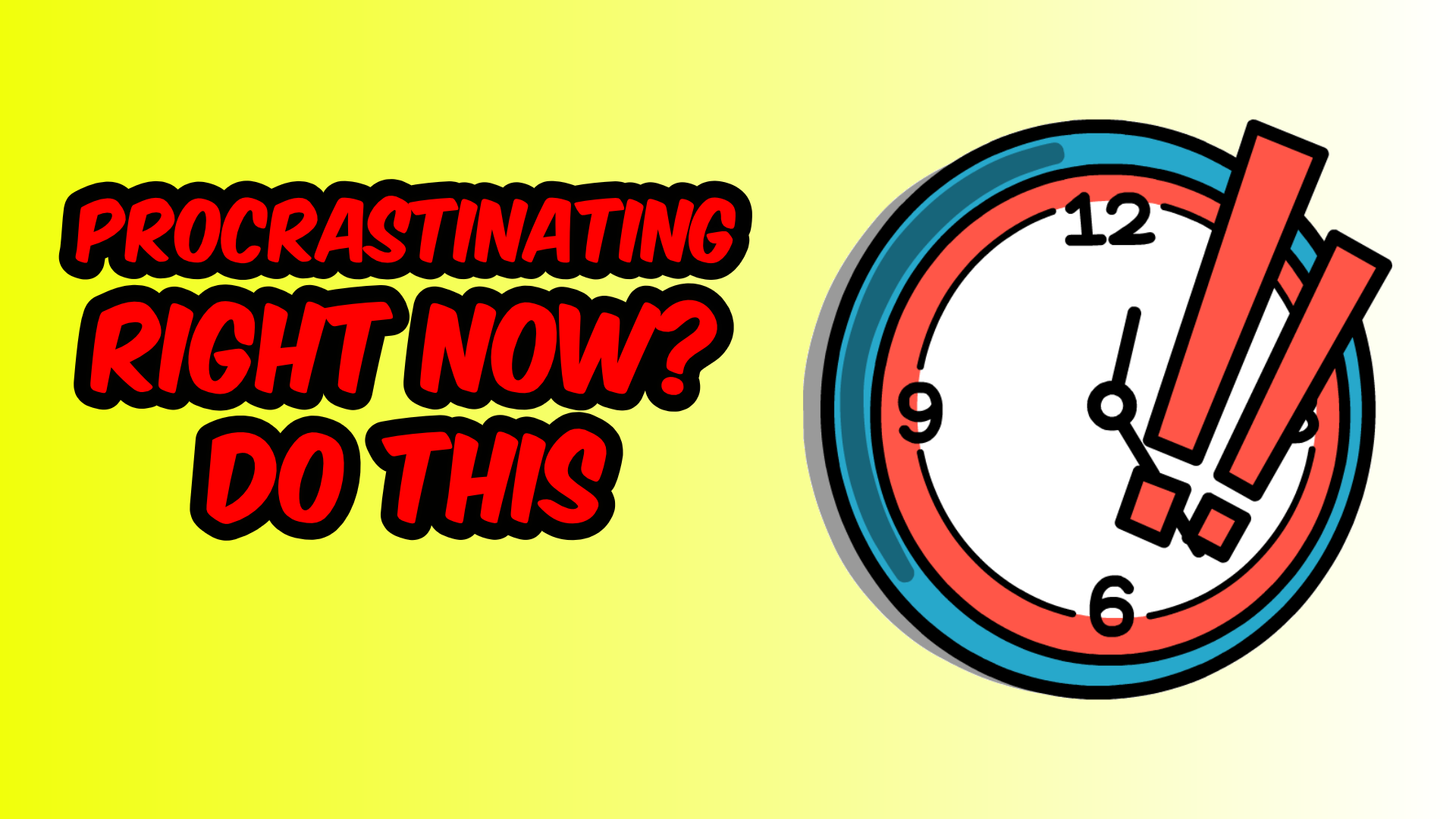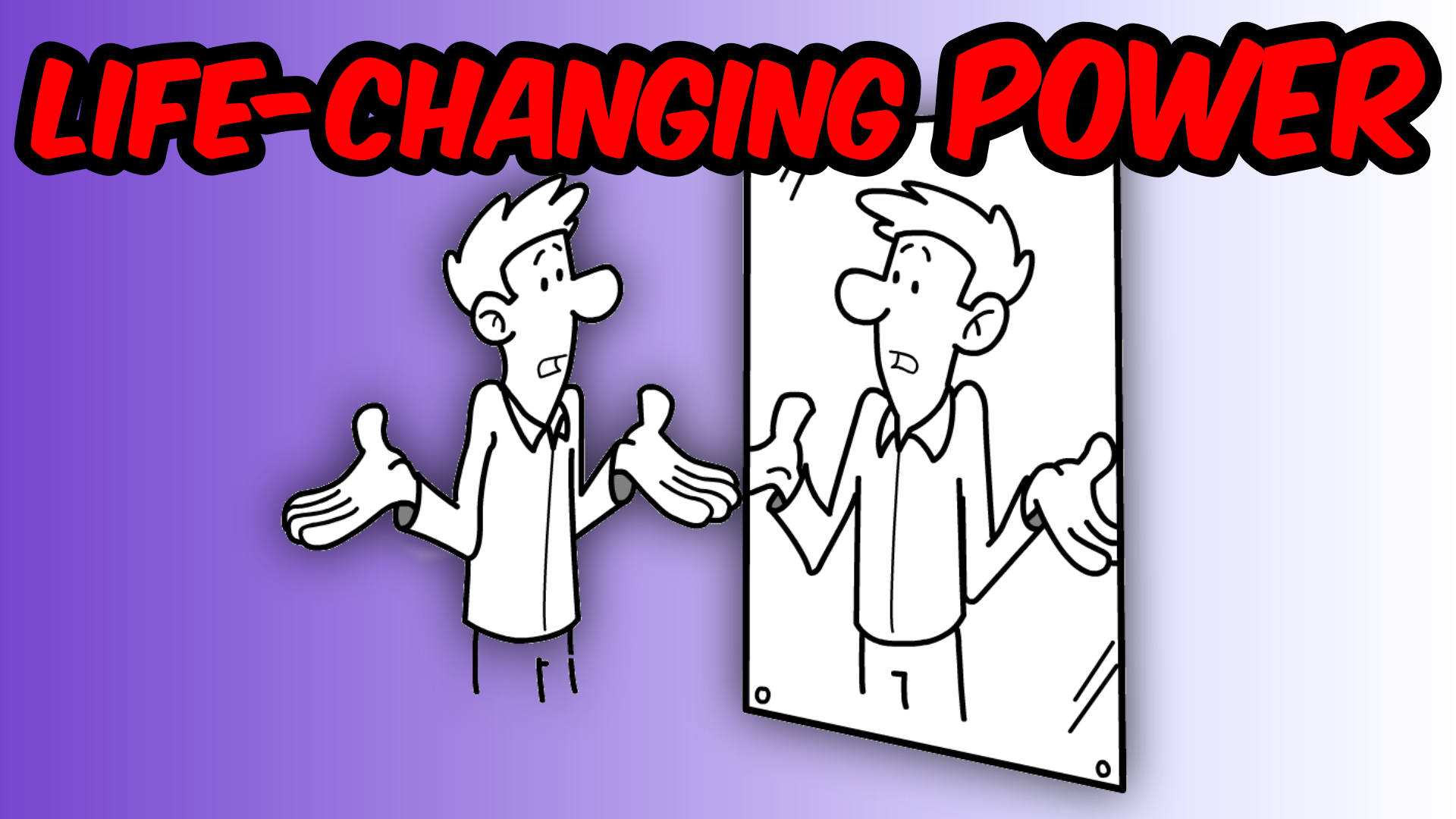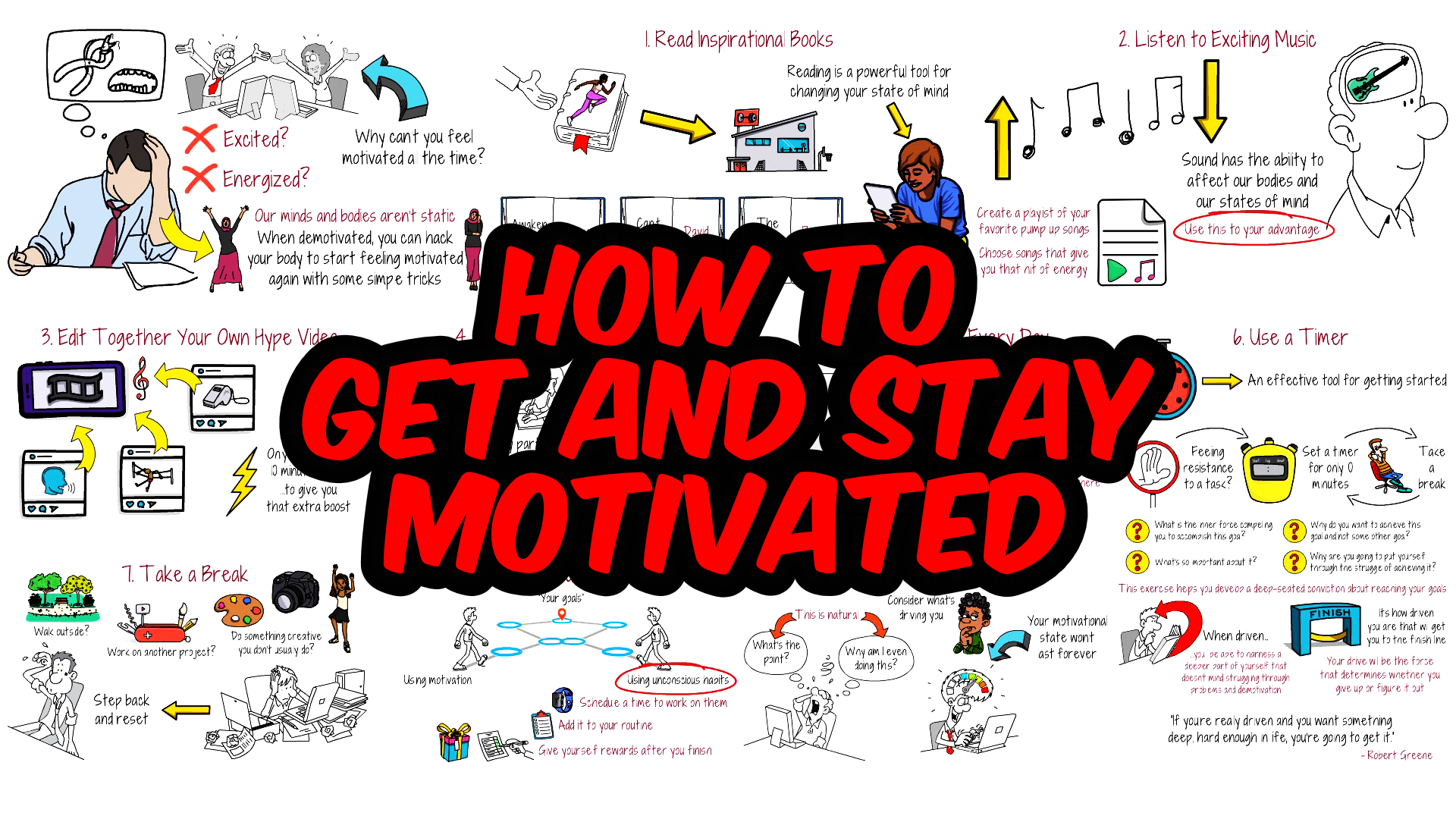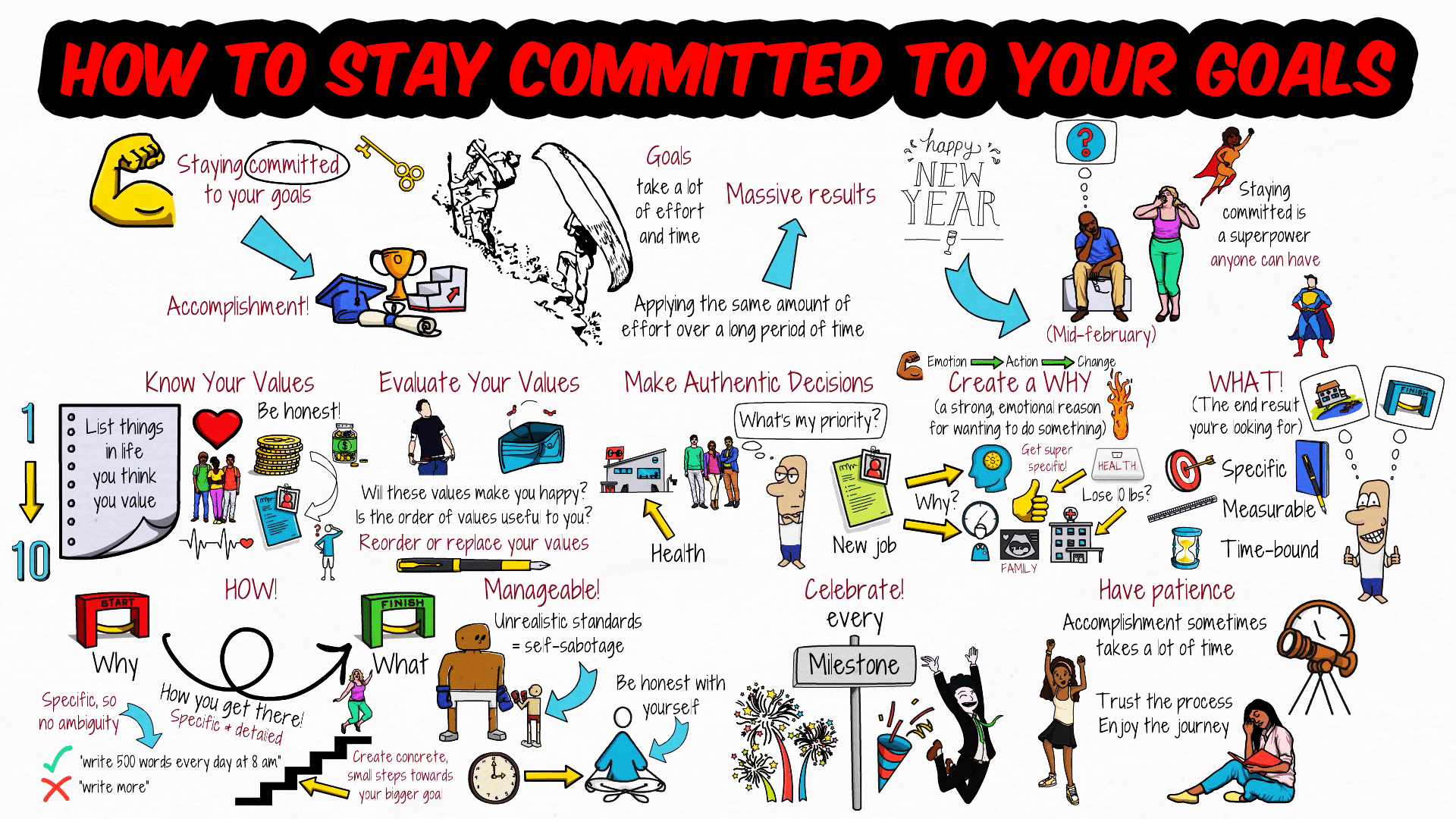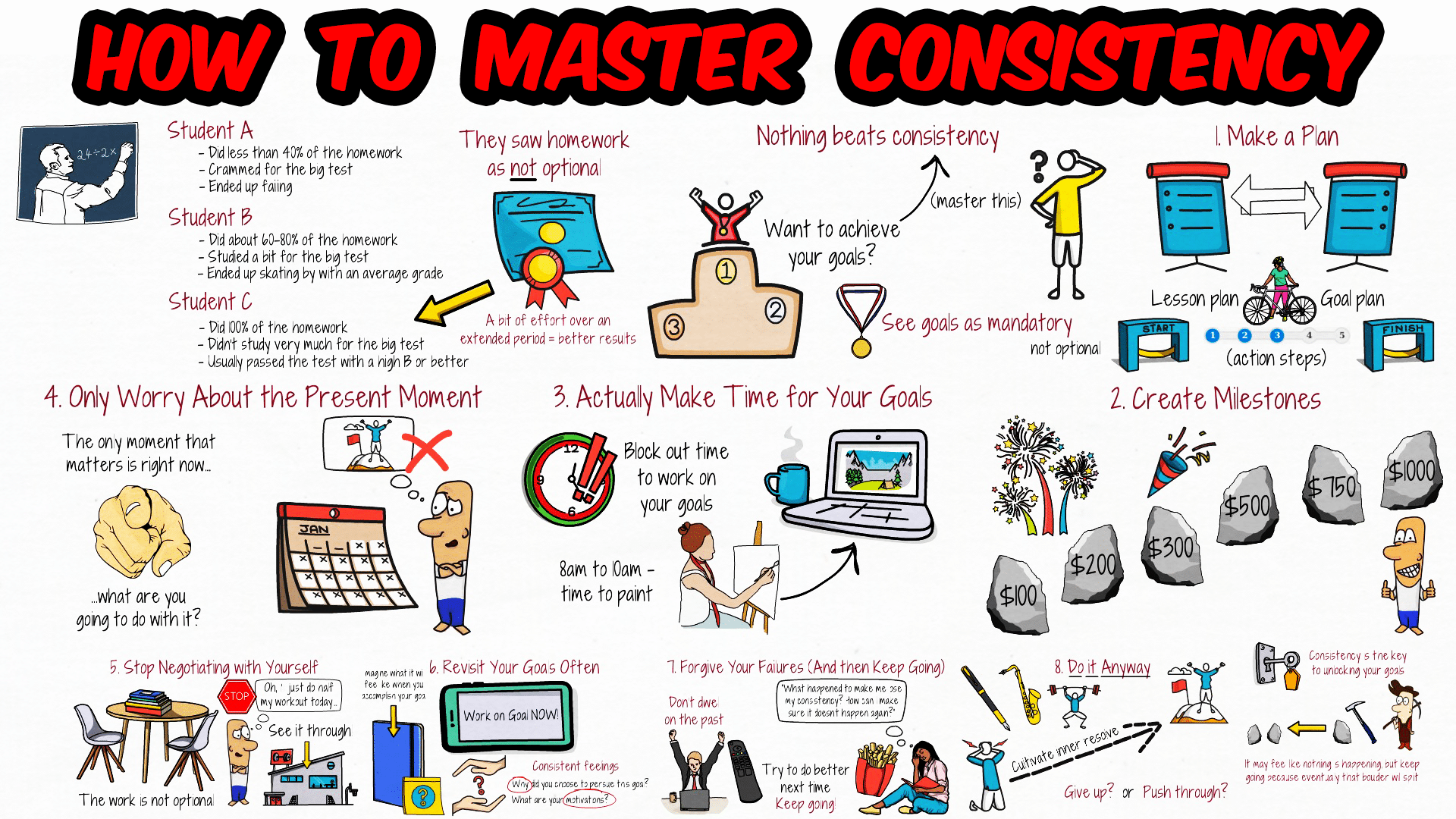Picture yourself for a moment. It’s 12:30 am on the 1st January. You and your friends are cooling off from the countdown and start thinking about the future. What goals do you have? Are they short or long-term? How achievable are they?
It’s not just when setting New Year’s Resolutions, either. We tend to focus on what the end goal looks like rather than the journey required to get there. It’s all well and good picturing yourself in your new apartment or job, but not focusing enough on the small wins required to reach that stage could prove detrimental in the long run. After all, day-to-day life doesn’t consist of big, life-changing actions. It’s the ‘grind’ – small, consistent actions that propel you towards bigger targets.

So, to keep those in mind, it’s worth remembering the difference between short-term and long-term gratification. Let’s say your goal is to get in shape for the summer. It’s challenging to turn down a delicious takeaway, for example, because the long-term gratification gained from choosing the healthy option is too far into the distance to perceive and benefit from. Short-term gratification – the taste and ease that comes with a takeaway – is immediate and therefore more desirable for your present self.

